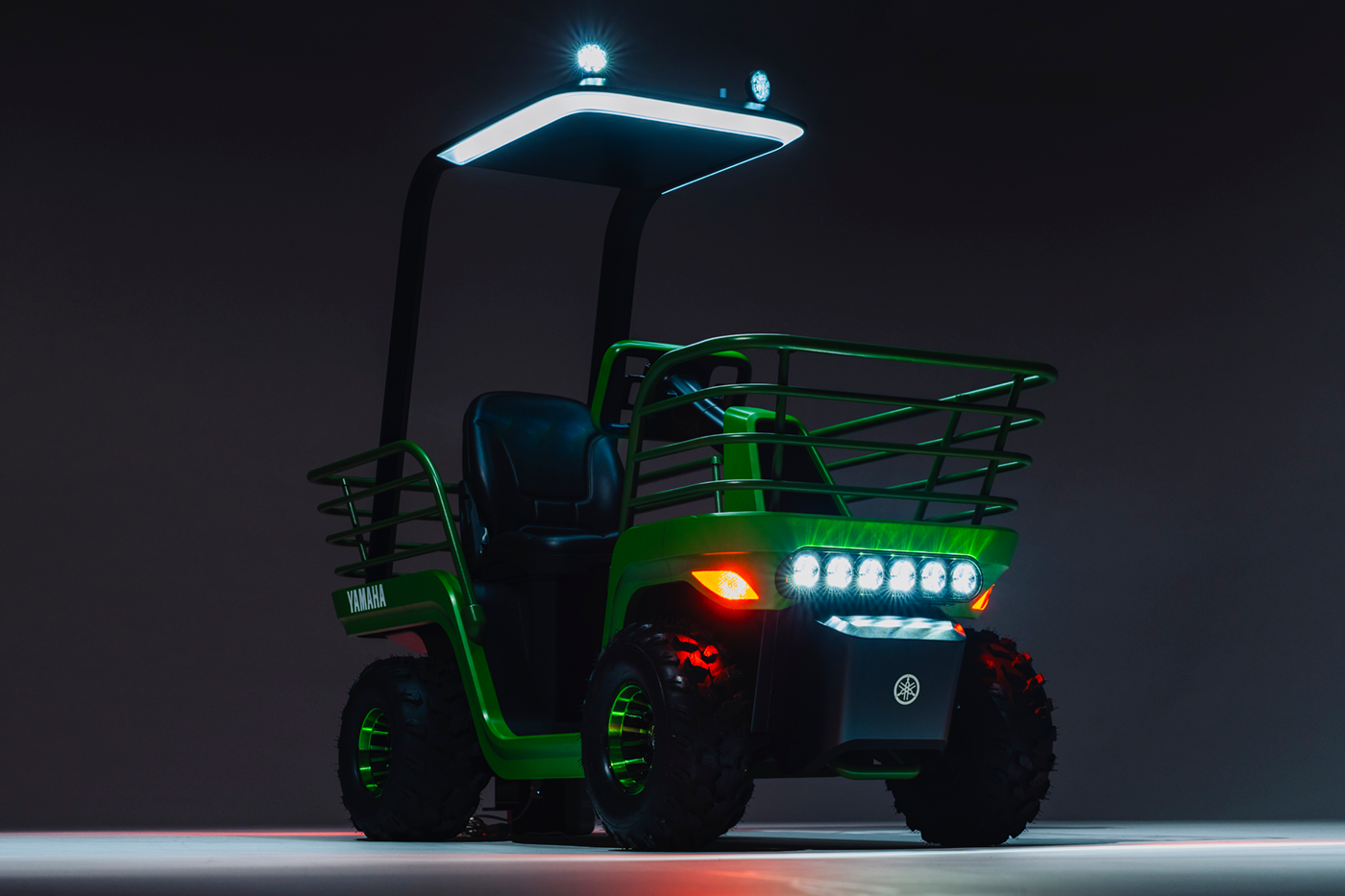Designing the future of work in the fields
In an era when agriculture faces an aging workforce and a need for sustainable innovation, Yamaha Motor set out to rethink what mobility could mean for the next generation of farmers. The result was Concept 451 — a compact, electric vehicle designed to navigate mountainous and rural terrains while symbolizing a new design direction for personal agricultural mobility.
To accelerate this exploration, Yamaha partnered with Final Aim, Inc., adopting Final Design — a platform that integrates secure generative AI and end-to-end intellectual property protection. At the center of this project, Final Design enabled Yamaha to innovate freely, while ensuring that every creative asset remained authentic, traceable, and enterprise-compliant.


Final Design: The core of a safe and scalable AI workflow
At the heart of the project was a bold experiment: using generative AI not just as a visualization tool, but as a design partner. Yamaha’s team worked through Final Design's integrated environment to explore early-stage concepts through text-to-text and text-to-image workflows, leveraging AI to research agricultural trends, visualize product archetypes, and refine design directions.
Within just a few weeks, the teams created over 2,000 concept variations, each logged and protected within the Final Design platform.
This allowed Yamaha to accelerate decision-making, refine promising directions, and maintain an unbroken record of design ownership throughout the process.

Bridging creativity, technology, and security
The collaborative process allowed project managers, designers and engineers to move seamlessly from AI-generated imagery to production-ready 3D models. Each iteration was informed by simulation data and field-use requirements — for example, improving visibility by rethinking the front pillar structure — ensuring both form and function were optimized.
The Concept 451 prototype debuted at Tokyo Auto Salon 2024, representing more than a mobility solution — it symbolized a new model of innovation, one that merges human creativity, generative intelligence, and verified intellectual property.

Outcome and impact
By placing Final Design at the center of its creative workflow, Yamaha Motor achieved:
- 50 % reduction in design iteration time
- Full transparency and traceability of intellectual property assets
- Secure collaboration across design, engineering, and marketing teams
- Improvement in design adoption
Beyond speed and scale, the initiative demonstrated how enterprises can safely integrate generative AI — not as a standalone experiment, but as a compliant, secure, and value-generating ecosystem.
The project was also featured by Autodesk, as the key highlight in the company's annual conference Autodesk University.
A new standard for responsible innovation
With Final Design, Final Aim empowers companies like Yamaha Motor to harness the power of generative AI while protecting what matters most — their intellectual property and creative authenticity.
As the design industry embraces AI, Final Design stands at the center of this transformation, ensuring that innovation is built on a foundation of trust, transparency, and technological integrity.
Interested in bringing secure generative AI to your organization? Contact us to start the conversation.




